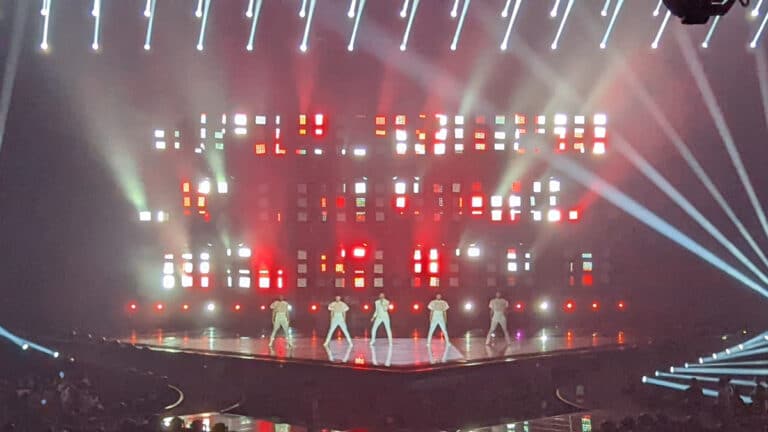
What Happened?
The Shalva Band officially dropped out of Israeli singing competition Hakochav Haba (Rising Star). Shalva is an Israeli organization for people with disabilities, whose house band has wowed judges and fans around the country. The winner of Hakochav Haba will represent Israel in the upcoming Eurovision Song Contest in Israel this May. Because the contest holds mandatory practice and recording on Saturday, the Shalva Band decided to withdraw so as to not violate the Sabbath if selected, as several of its members are Sabbath observers.
Culture Minister Miri Regev wrote a letter to the Eurovision committee, asking them to reconsider their policy. She stated that the question is a “matter of principle, underlying the very foundations of equal opportunity and true acceptance of the concept of diversity that the Eurovision Song Contest proudly symbolizes.” The committee did not bend.
In return, the band did not bend either, and decided against representing Israel at Eurovision (if chosen). Instead, the Shalva Band will give an interval performance during one of the Eurovision semi-final shows.
Why Does This Matter?
1. So, which one is it – Is Israel a Jewish or democratic state? A tension that has been at the center of Israel’s consciousness since its founding – and something we write about a lot – is between Israel’s two core values: democracy and Judaism. Israel aspires to be both a democratic state and a Jewish state – no easy feat, or even an attainable one, some argue. Ruth Gavison, legal expert and co-author of the Gavison-Medan covenant, together with Rabbi Ya’akov Medan, who seeks to promote religious and secular co-existence, has said:
If Israel is not democratic, it has no justification for being. If Israel is not Jewish, it has no reason to be.
Though many Israelis find that Israel does not always live up to being a proper democracy, and others believe that it’s not a proper Jewish state, maintaining both of these principles is the aspiration of the State.
2. Inclusion on the “world map”? The Shalva Band has captured the hearts and minds of Israelis and Jewish people around the world. They received an unprecedented amount of votes each time they performed on Hakochav Haba, and the judges were quick to praise their talent and perseverance. Israel has many organizations dedicated to inclusion, and the new state of the art Shalva building is the world’s largest and most advanced facility for children with disabilities.
3. When to violate Shabbat and when not to? Rabbi Nathan Lopes Cardozo made the controversial but creative distinction between supporting the building of the railway between Tel Aviv and Jerusalem on Shabbat, arguing that it would prevent car accidents. As such, he said Jews should be allowed to build on shabbat with some modifications. And, that’s exactly what happened. (See here as the construction workers make kiddush while working.)
Yet he was adamantly opposed to the decision that would force Shalva to play, saying it is “shameful that Israel’s leadership would allow the violation of Shabbat on this occasion.” He argued that Israel should “put its foot down” and even cancel the Eurovision contest if they cannot find a solution.
Originally Published Feb 12, 2019 06:21PM EST


